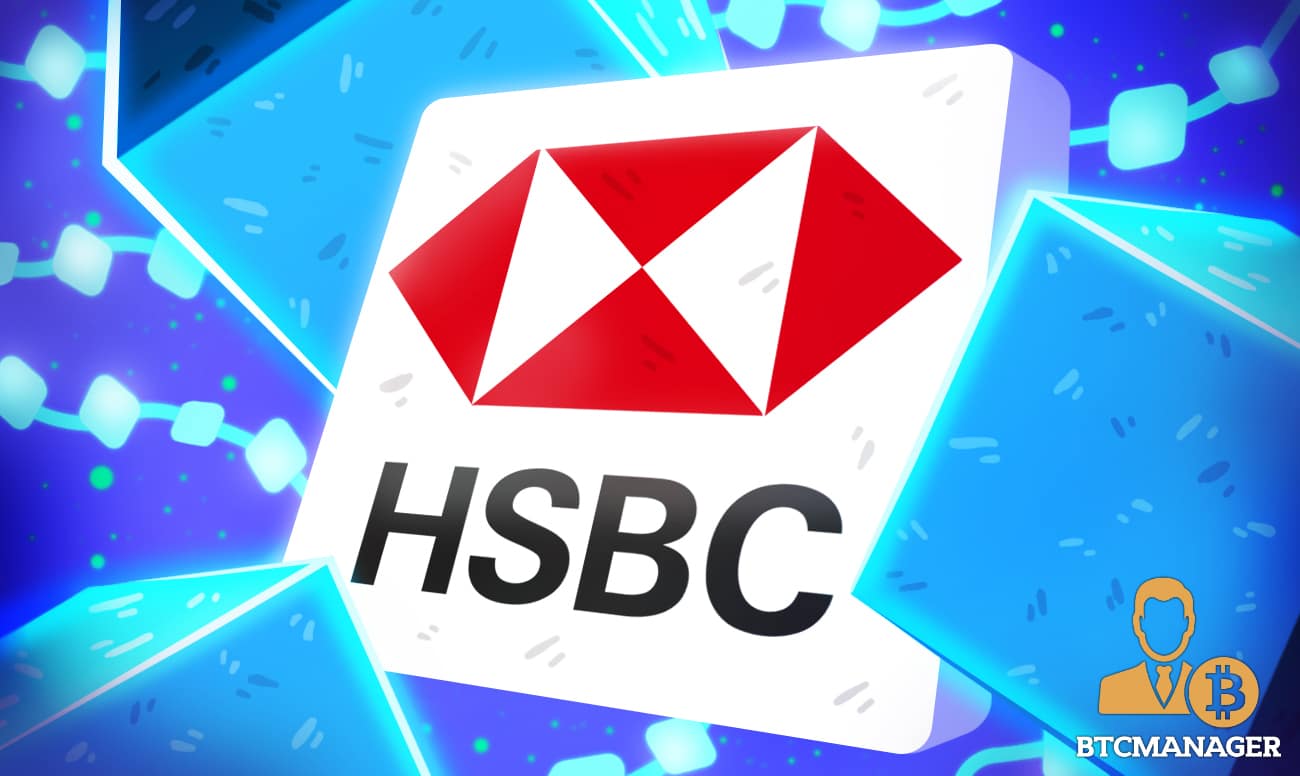
HSBC’s Bold Blockchain Initiative: Transforming Banking
The Rise of Blockchain in Banking
In recent years, the banking industry has witnessed a significant shift with the rise of blockchain technology. Once confined to the realm of cryptocurrencies, blockchain is now being embraced by major financial institutions like HSBC for its potential to revolutionize traditional banking processes. HSBC’s bold blockchain initiative marks a decisive step towards transforming the landscape of modern banking.
Understanding Blockchain Technology
At its core, blockchain technology is a decentralized digital ledger that records transactions across multiple computers in a way that is secure, transparent, and immutable. Each block in the chain contains a cryptographic hash of the previous block, creating a secure link between them. This distributed ledger system eliminates the need for intermediaries, reducing costs and increasing efficiency in financial transactions.
HSBC’s Vision for Blockchain Integration
HSBC recognizes the transformative power of blockchain technology and its ability to streamline banking operations. By integrating blockchain into its infrastructure, HSBC aims to enhance transparency, security, and efficiency across various banking processes, including payments, trade finance, and supply chain management. Through its bold blockchain initiative, HSBC is paving the way for a more interconnected and digitized banking ecosystem.
The Benefits of Blockchain for Banking
One of the key benefits of blockchain technology in banking is enhanced security. The decentralized nature of blockchain makes it inherently resistant to tampering and fraud, reducing the risk of data breaches and unauthorized transactions. Additionally, blockchain offers greater transparency, allowing banks and their customers to track transactions in real-time and verify the integrity of the data.
Streamlining Cross-Border Payments
Cross-border payments have long been plagued by inefficiencies, high costs, and long processing times. HSBC’s blockchain initiative seeks to address these challenges by leveraging blockchain technology to facilitate faster, more cost-effective cross-border payments. By digitizing and automating the payment process, HSBC aims to reduce transaction times from days to mere seconds, benefiting both businesses and consumers alike.
Transforming Trade Finance with Blockchain
Trade finance is another area where blockchain technology holds immense promise. Traditionally, trade finance involves a complex web of documentation and intermediaries, leading to delays and inefficiencies. HSBC’s blockchain initiative aims to streamline the trade finance process by digitizing and automating the exchange of trade-related documents, such as letters of credit and bills of lading. This not only reduces paperwork but also minimizes the risk of fraud and errors, making international trade more efficient and transparent.
Enhancing Supply Chain Management
Blockchain technology also has the potential to revolutionize supply chain management by providing greater visibility and traceability throughout the supply chain. By recording every transaction and movement of goods on a blockchain ledger, HSBC can help businesses track the journey of their products from manufacturer to consumer, ensuring authenticity and quality control. This level of transparency not only mitigates the risk of counterfeiting but also improves supply chain efficiency and accountability.
Overcoming Challenges and Adoption Hurdles
Despite its potential, blockchain technology still faces several challenges and adoption hurdles in the banking industry. Concerns around regulatory compliance, interoperability, and scalability continue to hinder widespread adoption. Moreover, blockchain is still a relatively nascent technology, requiring further research, development, and collaboration among industry stakeholders. However, with initiatives like HSBC’s bold blockchain initiative, the banking industry is gradually embracing blockchain as a catalyst for innovation and transformation.
Looking Towards the Future
As HSBC continues to advance its blockchain initiative, the future of banking looks increasingly digital, transparent, and interconnected. By harnessing the power of blockchain technology, HSBC aims to reshape traditional banking processes, driving greater efficiency, security, and trust in the global financial system. With each milestone achieved, HSBC reaffirms its commitment to driving innovation and leading the charge towards a blockchain-powered future for banking. Read more about hsbc blockchain
